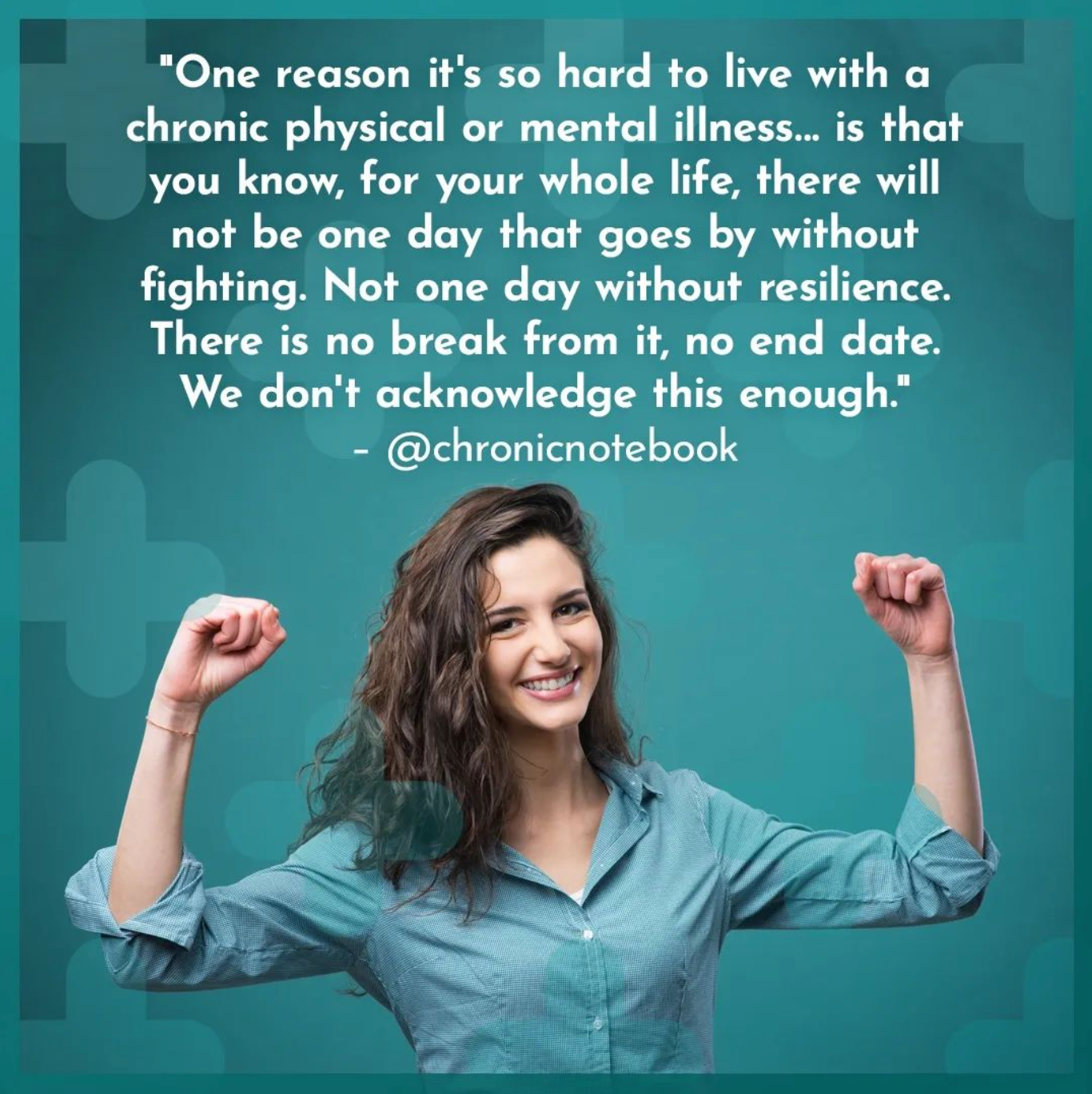IC/BPS: Explore the journey of living with a chronic disease.
Living with a chronic disease is an immense challenge that can significantly impact every aspect of a person's life. The physical, emotional, and psychological toll can be overwhelming, but it is essential to remember that life is still full of possibilities. In this blog post, we explore the journey of living with an incurable disease and discuss ways to navigate the complexities while finding hope, strength, and fulfilment along the way.
Acknowledge Your Emotions: Living with an incurable disease often brings a range of emotions, including fear, sadness, anger, and frustration. It is essential to acknowledge and express these feelings, whether through talking to loved ones, joining support groups, or seeking professional counselling. By addressing your emotions, you can better navigate the challenges and find ways to cope effectively. Introducing daily journaling into your life can help you open the door to your emotions.
Seek Knowledge and Understanding: Educating yourself about your condition is crucial. Research the disease, its symptoms, and available treatment options to make informed decisions about your healthcare. Engage with medical professionals who specialize in your condition, ask questions, and actively participate in your treatment plan. Empower yourself with knowledge, as it can help you better manage your symptoms and make choices that align with your values.
Build a Supportive Network: Surround yourself with a strong support system of family, friends, and fellow individuals facing similar challenges. Share your experiences, seek advice, and find comfort in the understanding and empathy of those who genuinely care. Participating in support groups or connecting with online communities can provide a sense of belonging and support from individuals who truly comprehend your journey.
Focus on Self-Care: Prioritizing self-care becomes even more crucial when living with a chronic disease. Pay attention to your physical and mental well-being. Engage in activities that bring you joy and help alleviate stress. Practice mindfulness, meditation, or gentle exercise to nurture your body and mind. Remember, taking care of yourself is not selfish—it's an essential part of managing your condition and living a fulfilling life.
Adapt and Modify: Living with an incurable disease often requires adapting to new circumstances. Be open to adjusting your lifestyle, daily routines, and goals to accommodate your health needs. This might involve seeking alternative ways to accomplish tasks, making career adjustments, or reevaluating priorities. Embrace flexibility and learn to celebrate small victories and milestones, appreciating the resilience and strength that come with adapting.
Embrace a Positive Mindset: While the journey may be challenging, maintaining a positive mindset can make a significant difference. Focus on gratitude for the moments of joy, love, and beauty that still exist in your life. Celebrate your strengths, resilience, and the lessons learned from your experiences. Cultivate optimism and surround yourself with positivity to help you overcome obstacles and find peace and contentment.
Live in the Present: As you go through life you might find yourself sometimes dwelling on the past or worrying about the future. Practice mindfulness and strive to live in the present moment. Embrace the beauty of the here and now, cherishing the relationships, experiences, and opportunities that come your way. By grounding yourself in the present, you can find solace, acceptance, and joy amidst the uncertainties.
Living with a chronic disease is undoubtedly challenging, but it doesn't define you or limit your capacity for a meaningful and fulfilling life. By acknowledging your emotions, seeking support, caring for yourself, and maintaining a positive mindset, you can navigate the complexities of your journey with strength, resilience, and hope. Embrace each day as an opportunity to live life to the fullest, cherishing the moments that matter most. Remember, you are not alone, and there is a community of individuals ready to offer their support.
